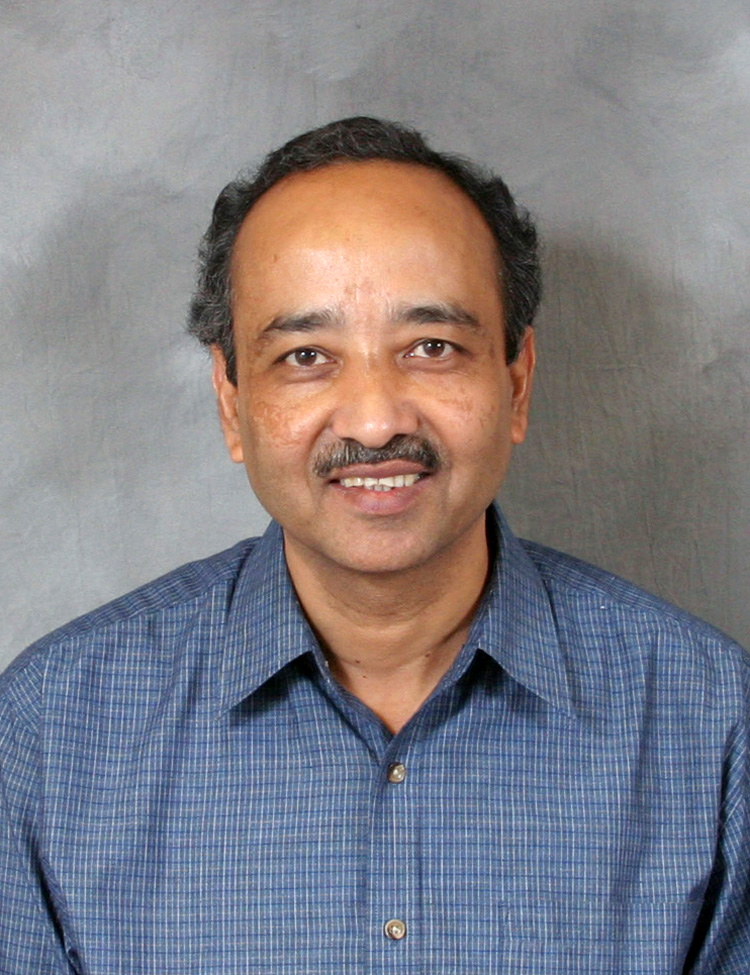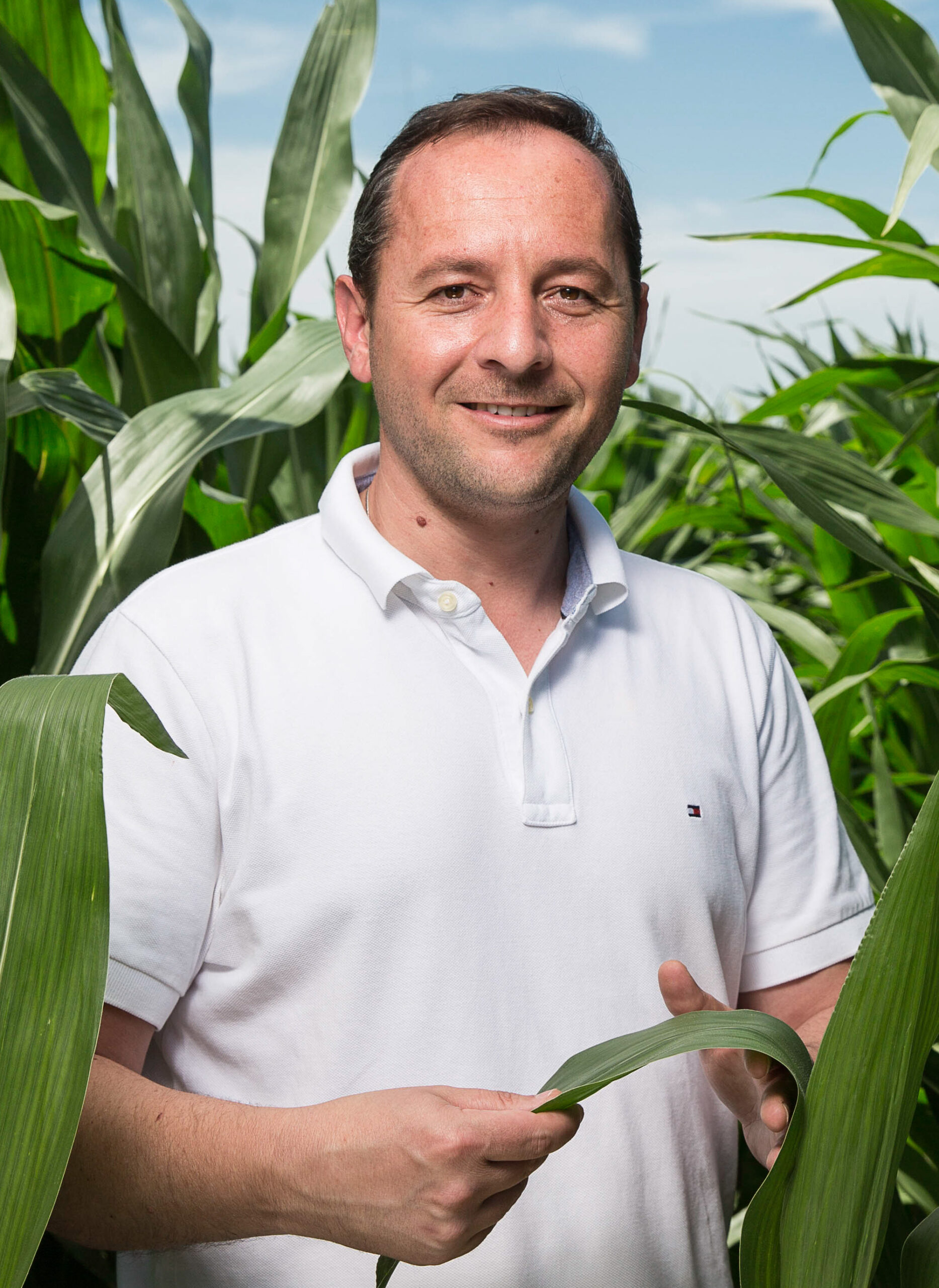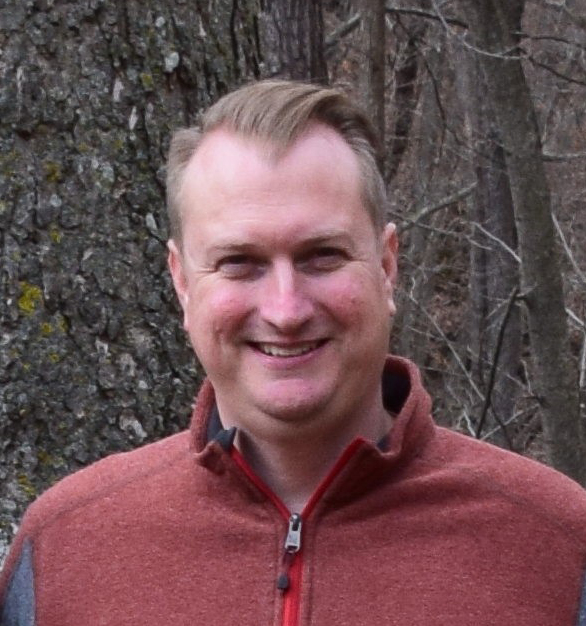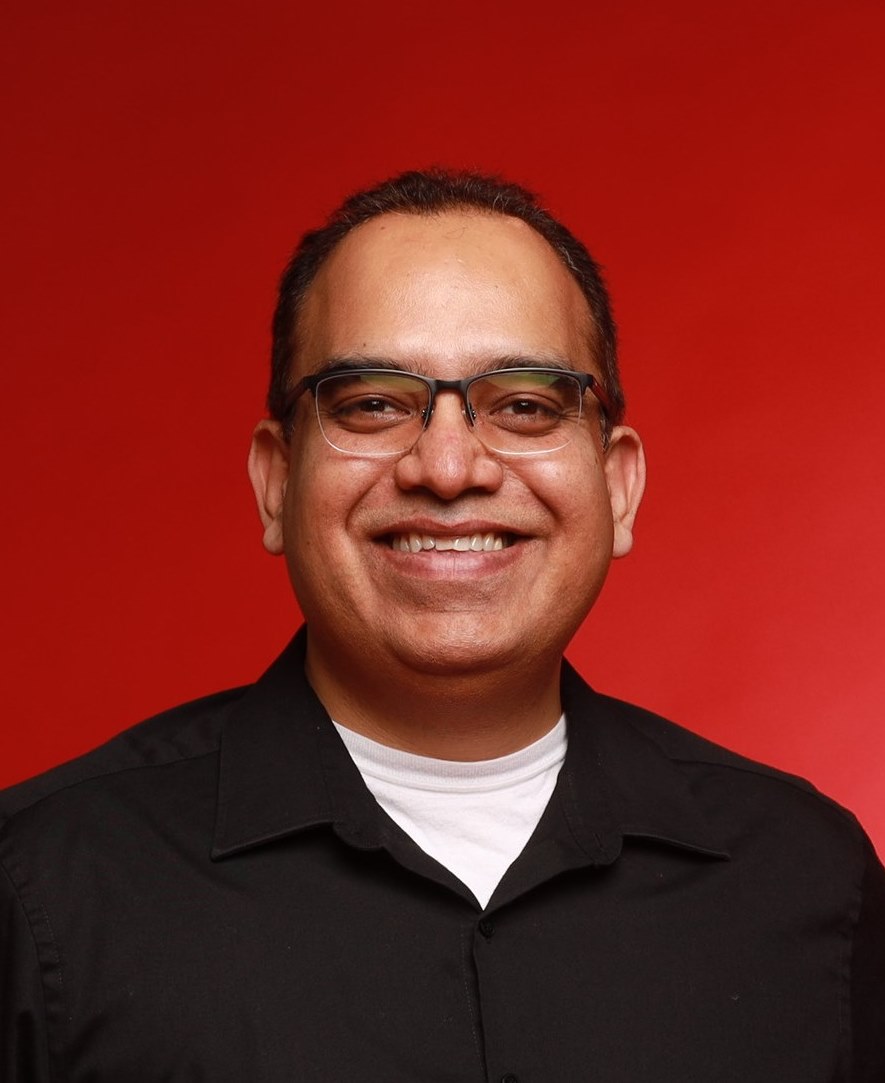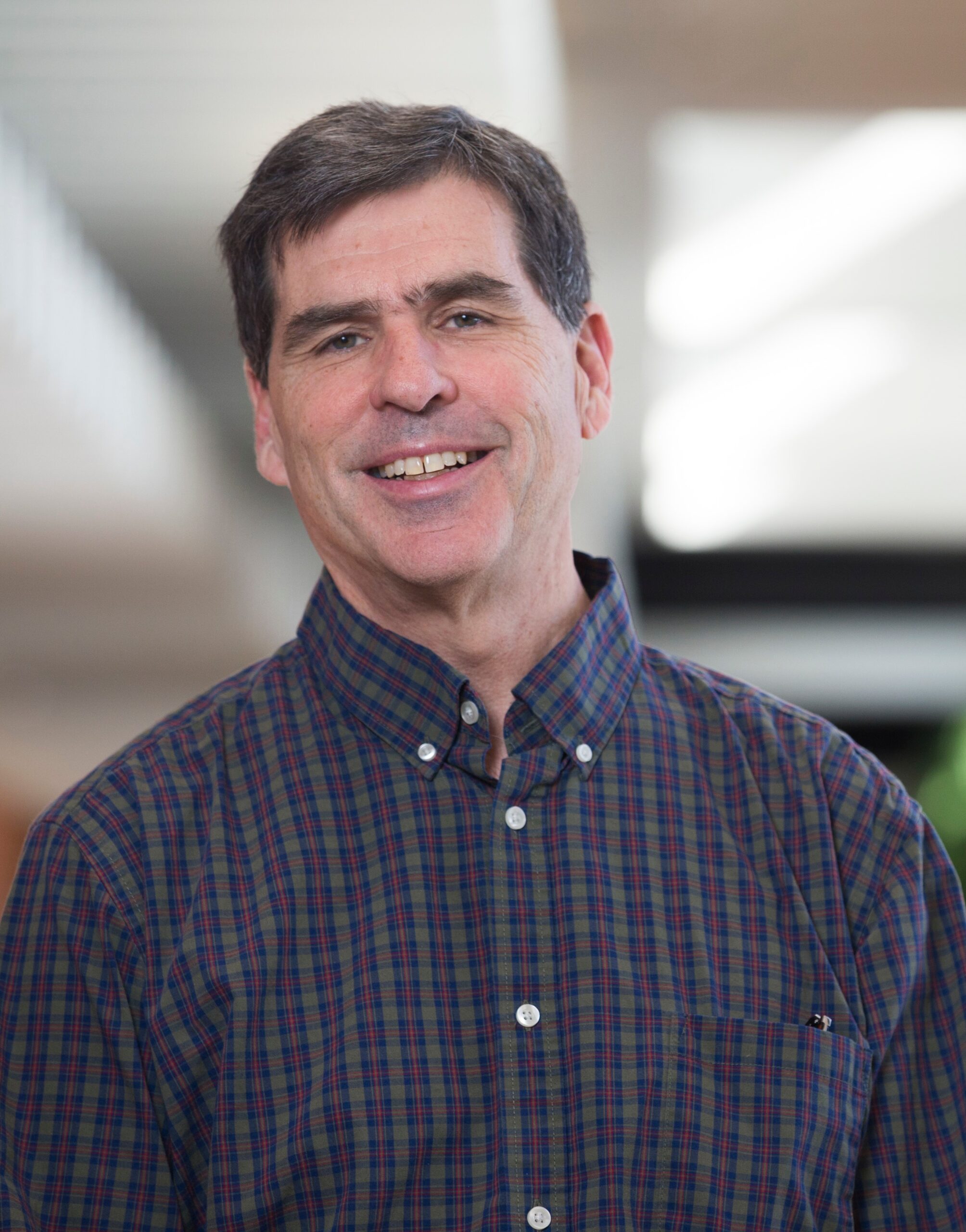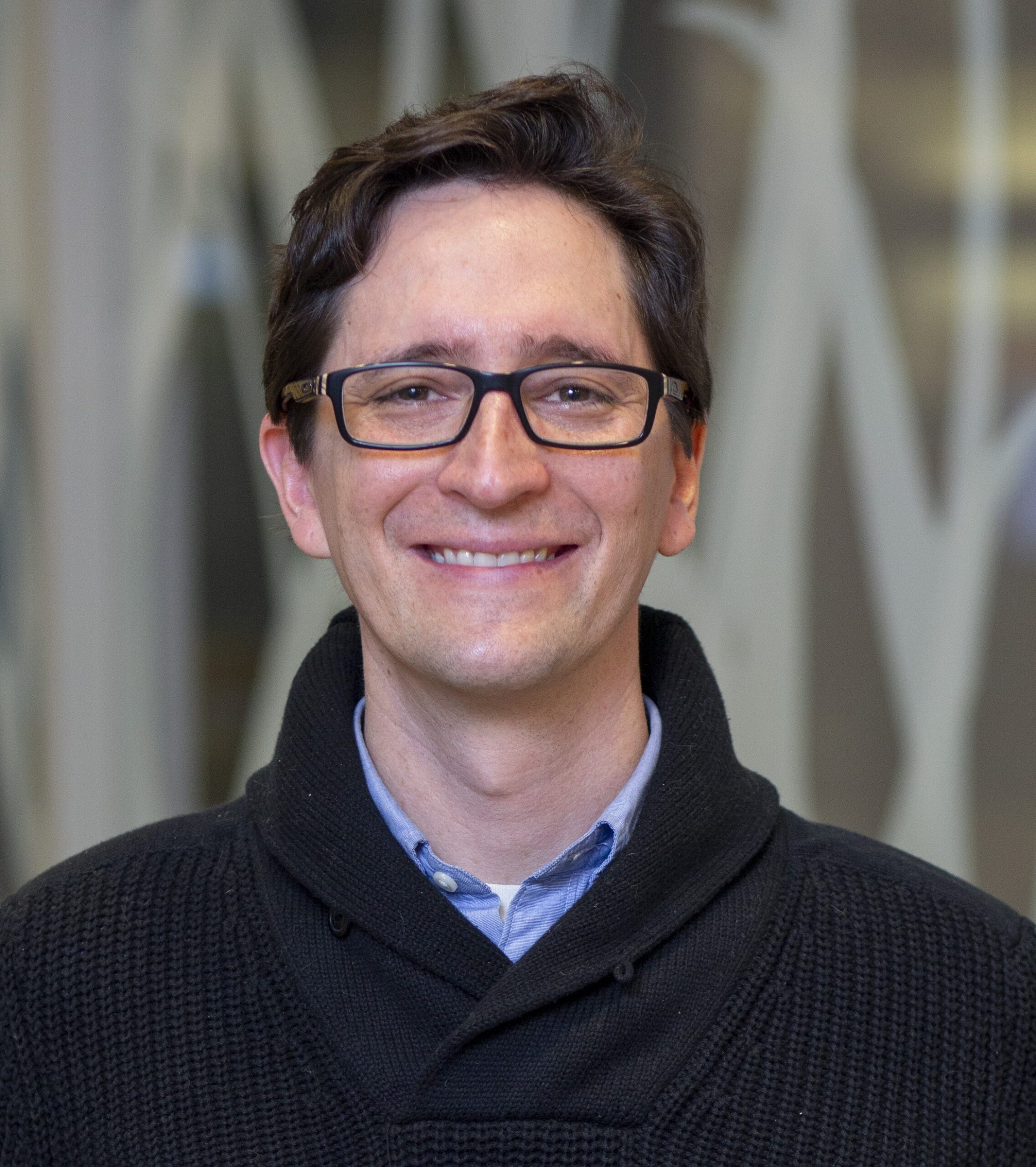Bhattacharyya Lab is engaged in studying the molecular bases of two serious soybean diseases; the sudden death syndrome (SDS) and root and stem rot that are caused by Fusarium virguliforme and Phytophthora sojae, respectively. They have shown that FvTox1, a phytotoxin produced by F. virguliforme is involved in foliar SDS development. They then showed that by expressing an anti-FvTox1 plant antibody or FvTox1-interacting synthetic peptides one can enhance SDS resistance in soybean plants. They have mapped several quantitative trait loci governing SDS resistance and de novo sequenced F. virguliforme to identify pathogenicity genes involved in SDS development. They have shown that overexpression of two soybean genes, which are suppressed by F. virguliforme infection, enhances SDS resistance in transgenic soybean lines. One of these genes enhances resistance of soybean also against soybean aphids, spider mites and soybean cyst nematode. They have cloned the complex Rps1-k locus that governs the race-specific resistance of soybean against P. sojae pathotypes or races. There are two highly similar CC-NB-LRR-type genes in the Rps1-k locus that have been conferring Phytophthora resistance in soybean since 1980s. They have mapped several Rps genes including Rps1-k, Rps4, Rps6, Rps8, Rps12 and Rps13.
Bhattacharyya lab is also involved in understanding the nonhost resistance mechanisms of Arabidopsis against F. virguliforme and P. sojae. They identified 14 Arabidopsis mutants that are susceptible to both pathogens; and have cloned five genes that govern nonhost immunity of Arabidopsis against the two soybean pathogens. It appears that nonhost resistance mechanisms are highly complex and expression of these genes in transgenic soybean plants enhances SDS resistance.
